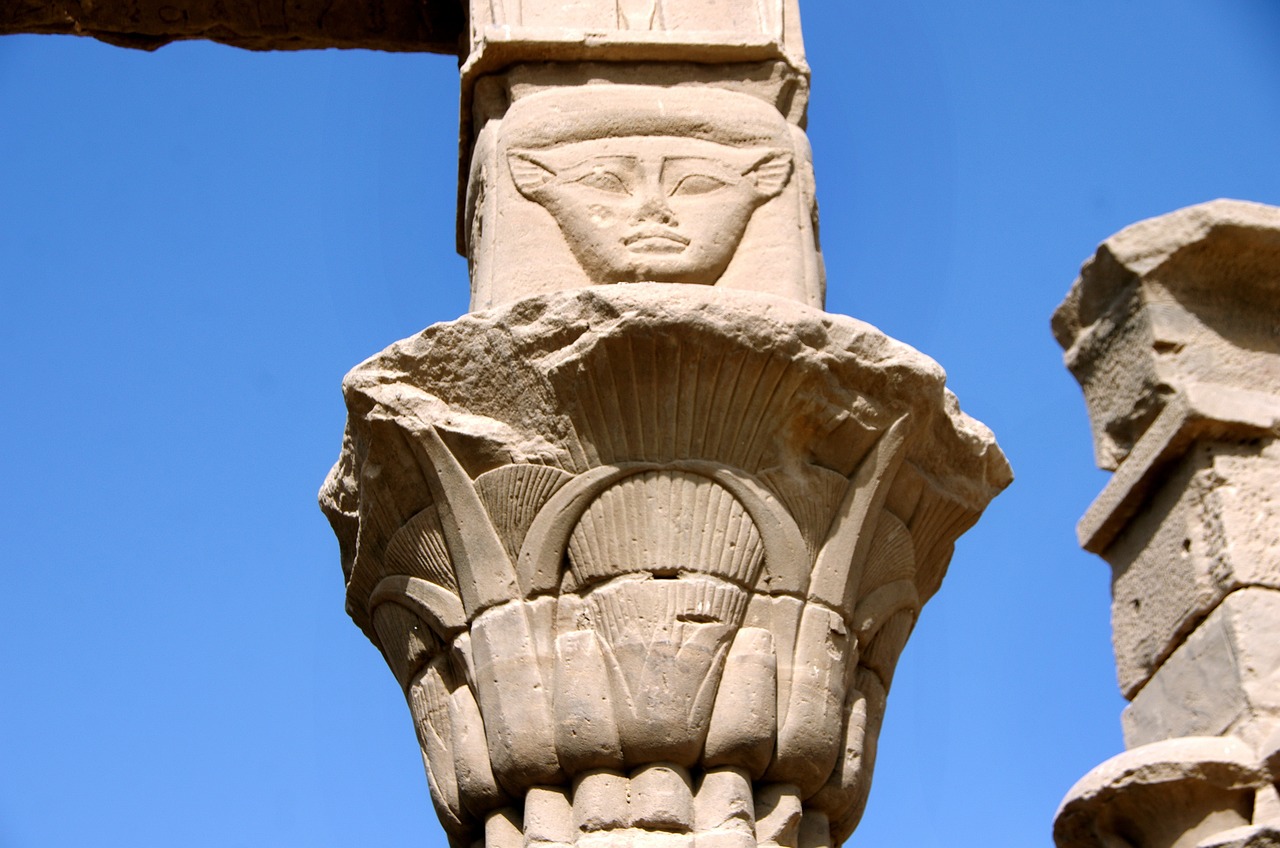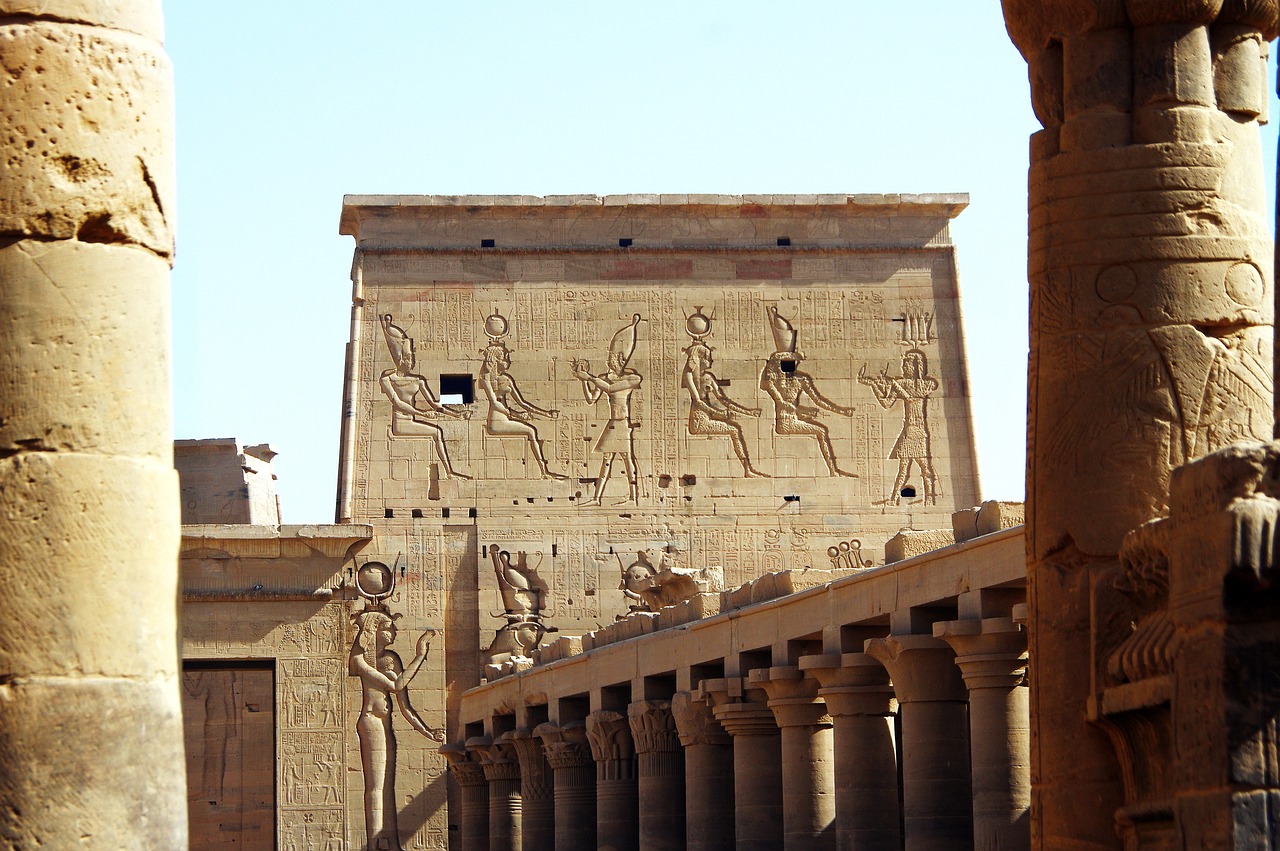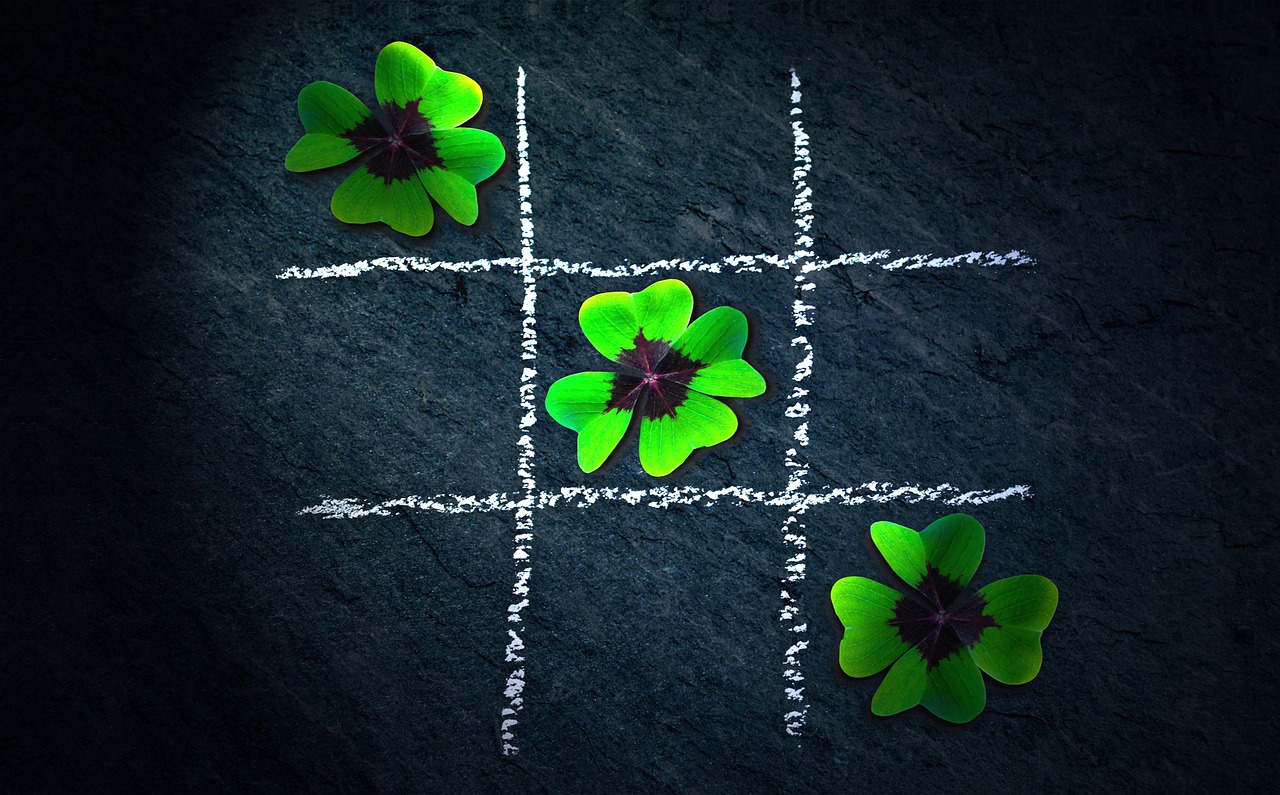Mythology
-
Exploration of the Name Camulos: Meaning, Pronunciation, and Significance The name Camulos has various interpretations regarding its meaning. Olmsted describes it as “of Conflicts” or “the Warrior,” while Delamarre suggests it translates to “Champion or Servant.” Olmsted remains uncertain about its etymology. In contrast, Delamarre argues convincingly for a connection with a rare Old Irish…
-

Isis, the Egyptian deity celebrated for her roles in love, healing, fertility, magic, and the moon, was a pivotal figure in ancient Egyptian spirituality. Known by various names like Aset or Eset, she stood as the most venerated goddess throughout Egyptian history, maintaining her prominence even during the Greco-Roman period. Some historians suggest parallels between…
-

Exploring the Symbols of Isis and Nut in Ancient Egyptian Art Ancient Egyptian art, spanning over a millennium, manifests in diverse forms, primarily aiming to express the Egyptians’ perspectives on life and death. A significant portion of this art features deeply religious themes, rich with symbolism, particularly apparent in the representations of two prominent goddesses:…
-

An Exploration of Greek Mythology Greek mythology consists of the stories revolving around the gods, heroes, and rituals practiced by the ancient Greeks, tracing back to Classical antiquity. Although some intellectuals, including the philosopher Plato in the 5th to 4th century BCE, recognized the fictional aspects of these myths, they were generally accepted as authentic…
-
Understanding Nuada’s Silver Hand: A Deep Dive into Its Symbolism I. Introduction Nuada, a pivotal character in Celtic mythology, embodies themes of leadership, valor, and the profound interplay between loss and healing. As the sovereign of the Tuatha Dé Danann, he personifies the intricacies of power and the trials that rulers encounter. Central to his…
-

The Divine Legacy of Luna in Roman Mythology An Overview of Luna In Roman mythology, divine lineage played a critical role, particularly for deities like Luna. Drawing from Hesiod’s “Theogony,” Luna is recognized as the offspring of Hyperion and Theia. Hyperion, the Titan god representing celestial light, was one of Gaia (Earth) and Uranus’s (Sky)…
-

Information regarding military tactics can be gleaned from historical battle accounts, although many crucial military texts that would have guided commanders on the battlefield have been lost. Among these, the writings of Sextus Julius Frontinus stand out, with remnants of his insights included in the works of the historian Vegetius. Importance of Terrain Selection The…
-
Epona, a revered goddess within Celtic mythology, derives her name from the Celtic word “epos,” meaning “horse,” with the suffix “-ona” indicating a sense of possession or agency. Identified as the protector of mares and foals, Epona’s significance is evidenced in early writings, notably in Juvenal’s Satires, where he highlights her unique standing among deities…
-
Tefnut is a revered deity from ancient Egyptian mythology, recognized for her dominion over moisture, rain, and water. As part of the Heliopolitan Ennead, a collective of nine gods worshipped primarily in Heliopolis, her significance in the pantheon of ancient Egyptian deities is profound. Typically depicted as a woman with the head of a lioness,…
-

Condition Overview The item presented for viewing is a hardcover first edition published in 2008, featuring the author’s signature on the title page, devoid of any personal inscriptions, and described as “As New.” Shipping and Returns Information Shipped via USPS Media MailTM from Sykesville, Maryland, USA, delivery estimates range from Saturday, November 16 to Thursday,…


